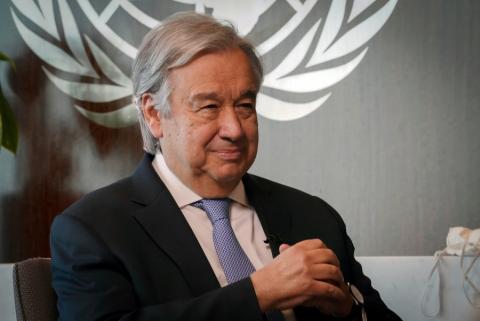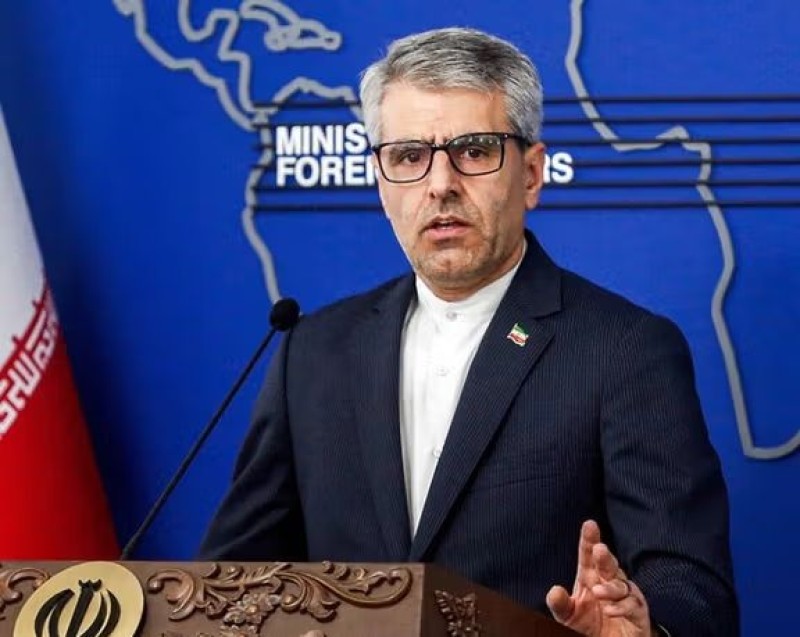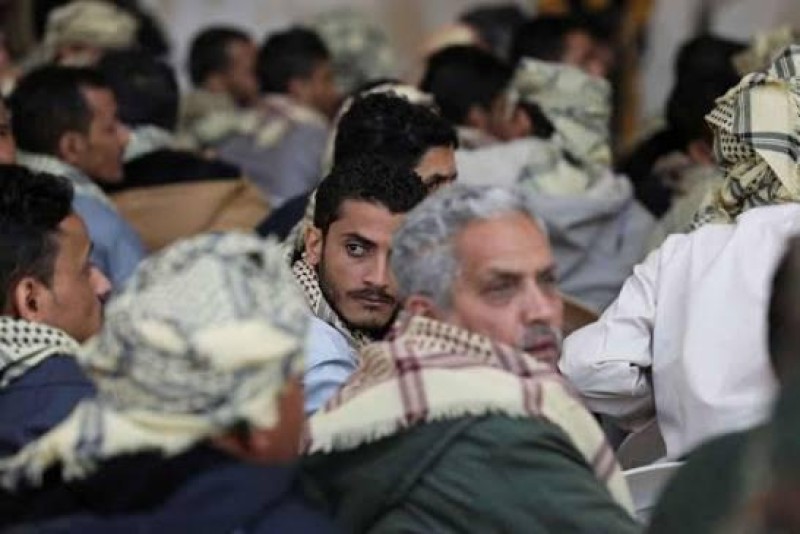Yemeni livestock farmers struggle with war's impact on demand


Livestock farmers and traders in the war-torn Yemen are struggling with a slash in demand of meat amid rising fears of famine.
In Midi district of the country's northwestern province of Hajjah, livestock farmer Ali Ahmed Al-Jeaidi could not find a buyer in weeks. He said he is eager to sell some sheep to buy food and new clothes for his big family at the Islamic festival of Eid al-Adha, or the feast of sacrifice.
"The country was once stable, there was no war, and our markets were open, the Haradh market, the Al-Rabu market and the Al-Khamis market. Now, because of the war, we have absolutely no livestock markets here," al-Jeaidi said in front of his farm in the village of al-Jada.
"I had 400 sheep, but 300 of them were killed by the war and landmine explosions," he lamented.
According to the residents of Midi, the landmines and explosive war remnants had also killed and wounded dozens of farmers and children during the five years of war.
The war destroyed all markets in the border district of Midi, and there is only one market left in the neighboring district of Hayran, about tens of miles away towards the southeast.
In this market, however, many say there was little demand for the sacrificial animals despite the holiday season.
"The situation has further worsened in this year...Before the war, we were selling our livestock in the big markets in the cities, but today we are no longer able to travel there because of the battles, the blockade and the severe fuel shortage," Ali bin Ali Rabei, one of the livestock traders in Hayran market said.
"Today I have only sold one sheep since early morning," he added.
Abdo Jaidi, another livestock trader in the market, attributed the soaring prices of livestock and slashing demand to several reasons.
"The reasons include the deterioration of the Yemeni riyal against foreign currencies, the soaring prices of the cattle feed and the acute fuel crisis, as well as the inability of traveling to the markets in the other cities due to the cutoff of roads and battles between the government forces and the Houthis," Jaidi said.
Yemen has been mired in a civil war since late 2014, when the Iran-backed Houthi group seized control of much of the country's north and forced the Saudi-backed government of President Abd-Rabbu Mansour Hadi out of the capital Sanaa.
The war has killed tens of thousands of people, displaced over 3 million and pushed some 20 million to the brink of famine.
The UN aid agencies describe the situation in Yemen as the worst humanitarian crisis in the world. The UNICEF has estimated that the number of malnourished under-fives could rise by 20 percent to 2.4 million by the end of this year on funding shortfalls.
The UN's World Food Programme (WFP) says Yemen's conflict has left the country on the brink of famine, estimating that some 20 million Yemenis are food insecure.
"If we wait for famine to be declared, it will already be too late as people will already be dying," WFP spokesperson Elisabeth Byrs said in a recent statement, appealing to donors.

Tehran — Iranian Foreign Ministry spokesman Ismail Baghaei has voiced concern over the latest developments unfolding in Yemen, particularly i…

A new media report has revealed that Google is embarking on a major subsea cable initiative, dubbed Blue Raman, in a strategic move to establish a…

Muscat – Thousands of Yemeni families are anxiously watching the ongoing prisoner exchange talks in Muscat, Oman, hoping for a breakthrough t…